There are countries within continents which are quite unlike those surrounding them: Uruguay and Turkey are good examples. And South Africa is unique on the African continent. It is a land of extremes: wealth and poverty, desert and tropical coast, cities and wide-open spaces. Yes, it has its challenges, but the crime and political instability should not dissuade you from exploring a country so beautiful and diverse that it is affectionately known as the Rainbow Nation. We found ourselves in lockdown in South Africa and fell in love (again) with a country that has so much to offer. Here are a few reasons to visit and a few nuggets of advice to help you along your way.
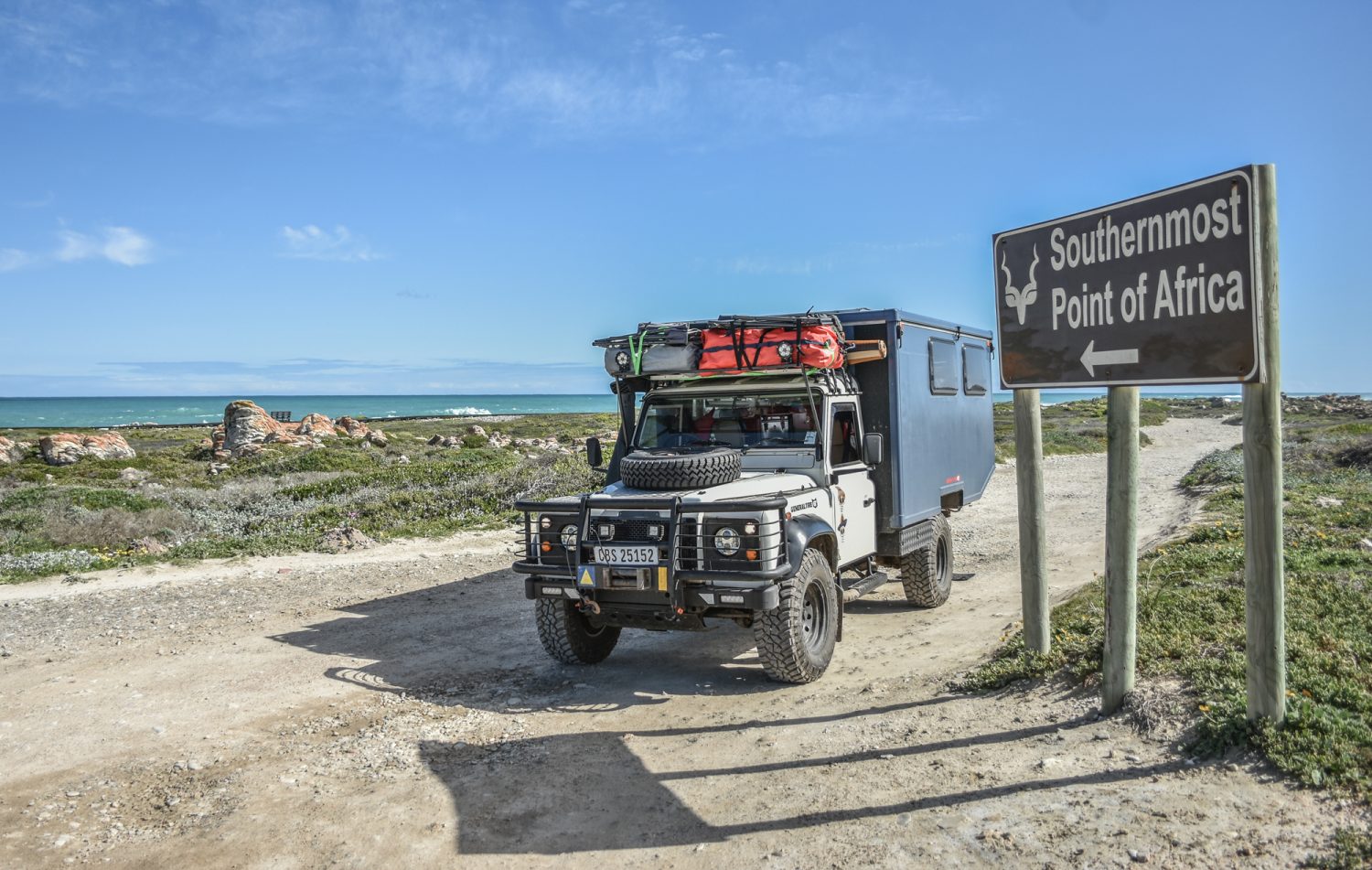
Land
South Africa is a relatively large country consisting of nine provinces, each with its own charm. The Cape Provinces are, without doubt, the most diverse and welcoming to conventional overland travel. From the windswept West Coast beaches to the mountainous forests of the coastal Garden Route and the dry Karoo semi-desert to the north (bordered by Namibia and Botswana), you will find whatever your heart desires. And opportunities to stray far from the beaten track are plentiful. The city of Cape Town boasts all the comforts of a modern metropolis yet is nestled between the mountains and the sea. The eastern Limpopo Province is home to the world-famous Kruger National Park, and you will very quickly fall in love with the city of Nelspruit. It’s surrounded by the green rolling hills of kiaat, acacia, and marula trees (source of the famous intoxicating fruit) where hippos populate the rivers. The hot, humid air carries the throbbing rhythm of Africa.
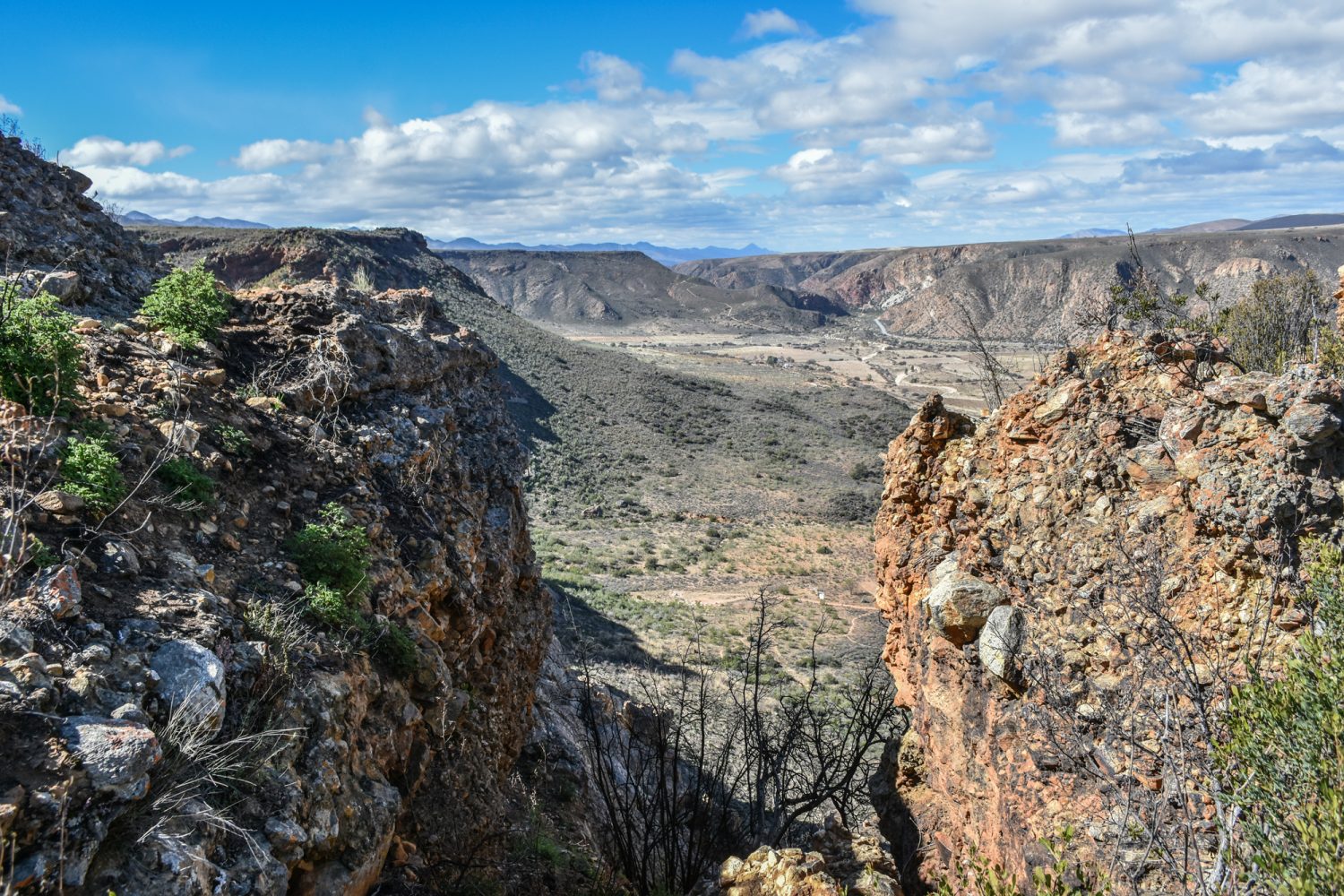
Conservation in South Africa has been a priority for many decades. The country is dotted with botanical gardens, national parks, and private game reserves. And you will soon have an encounter with the Big Five: lions, leopards, buffalos, elephants, and rhinoceroses. If you are a bird watcher, you will be delighted with the abundance of bird species and the ever-present birdsong. It is possible to self-drive and camp in many of the national parks, and you have not lived until you have camped surrounded by wild animals, your feet red with African soil, a cold drink in hand, and a water hole for a theatre as the sun sets.
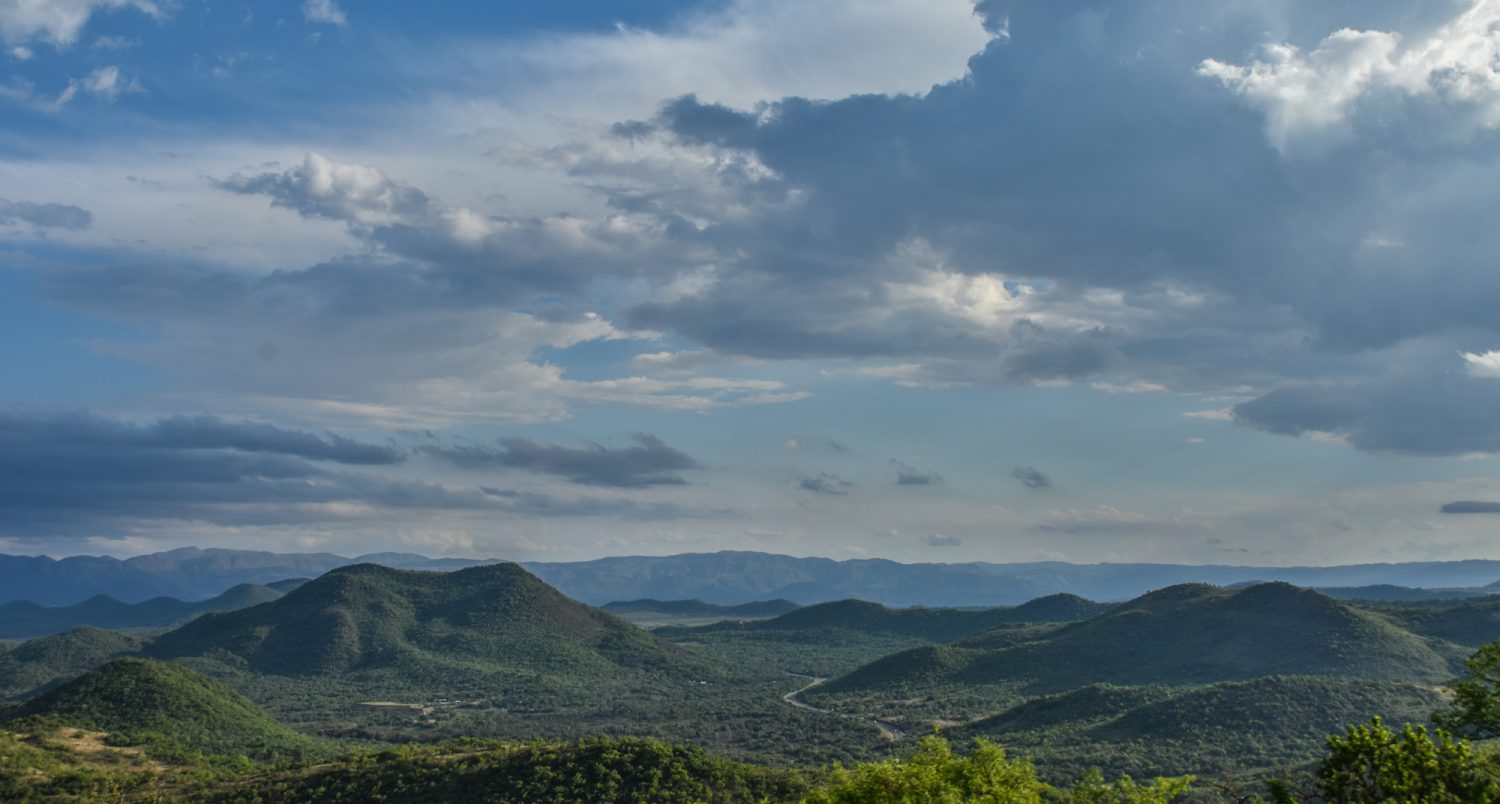
Infrastructure
The country is connected by a generally well-maintained road network of smooth, perfect tar. The highways are serviced by excellent, sprawling service stations where you can fill up the tank, grab a cup of coffee and bite to eat (South Africans love big, meaty burgers and grilled chicken, but there are usually vegetarian options), freshen up, stock up on groceries, or even spend the night if you are on a long-distance trek. Cellular phone towers dot the skyline, and you will have to try hard to lose signal—great for those digital nomads among us. The once-mighty rail network has deteriorated significantly over the last few decades, but you are still able to book a berth and chukka chukka across the country. Watching the world roll gently by via a luxury Rovos Rail journey from Cape Town to the Kruger National Park will set you back at least $2,000, while the budget Shosholza Meyl berth from Cape Town to Johannesburg is a more reasonable $60. South African cities offer all the convenience of most modern cities, and service levels tend to be high (well, quite low if you are an American, very high if you are British). Shopping is a national pastime, and you will find all the European luxury brands as well as many local products. If you are after a five-star experience, you will be spoiled for choice as the hospitality industry is robust and world standard.
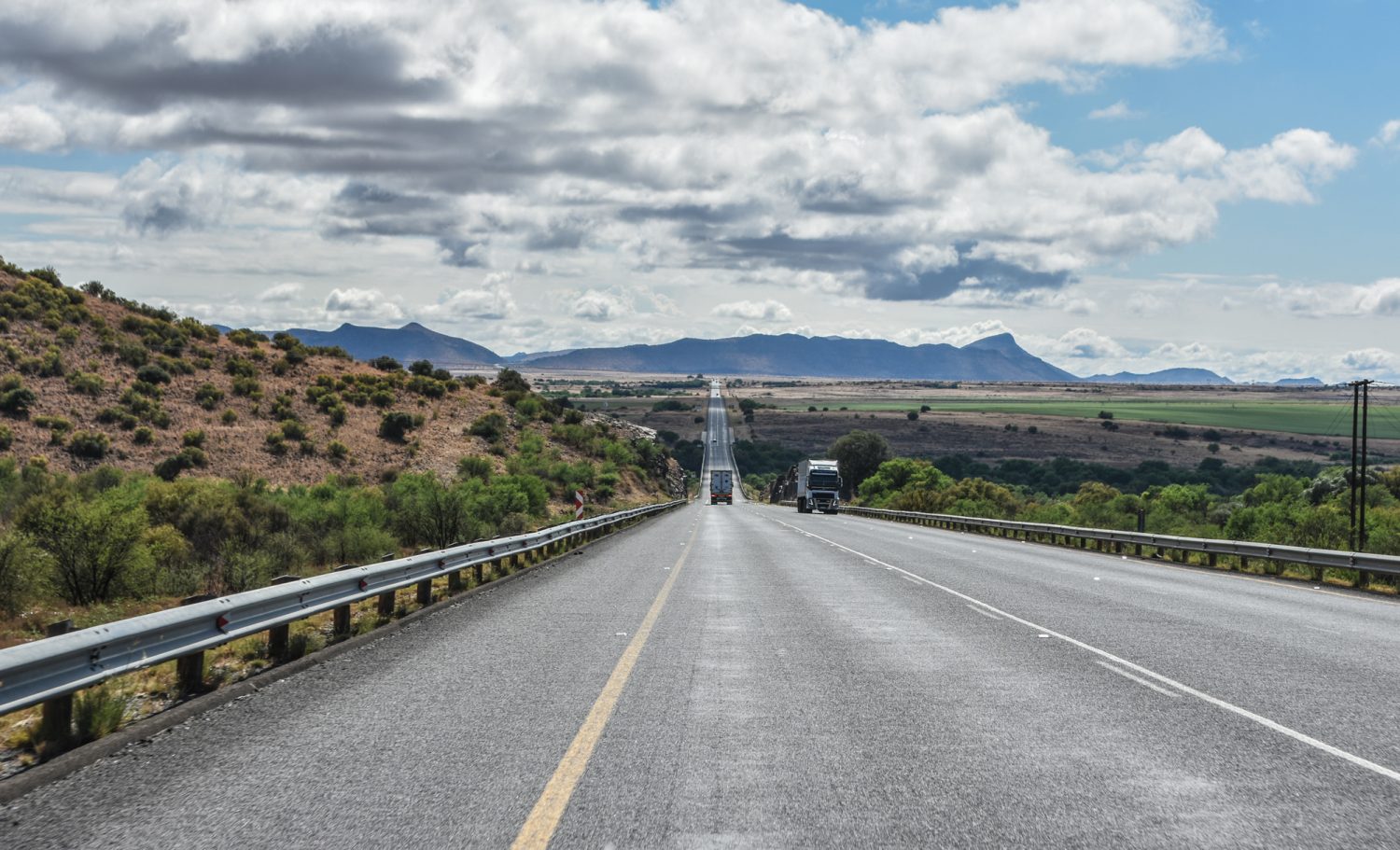
People
South Africa truly is a Rainbow Nation; there are 11 official languages (but English is the lingua franca), and the population is diverse, consisting of local tribes, millions of European immigrants (both recent and from centuries past), and many more recent immigrants from across Africa. The cosmopolitan areas are a vibrant melting pot of many cultures, and it is not possible to spend only a few days in Cape Town as you will fall in love with the sheer diversity of the most beautiful city in Africa. While city folk tends to be universally more reserved, the country folk will blow you away with their kindness and hospitality, and there are many small, charming towns nestled in the past, far from the modern world. All the people and cultures of the world are represented in South Africa, and each brings its flavor to the feast. Speaking of flavor, South Africa is home to the largest Indian population outside of India. Durban is the place to enjoy a lip-burning, absolutely delicious curry with fresh naan bread, samosas, and mango achar.

Yes, there remain tensions between the races, but a smile and a respectful greeting will break down almost every barrier. South Africans love a good laugh, and you will soon fall in love with the humor and love of a vibrant people.
History
The hardy Khoisan people are the original inhabitants of the country. The Bantu people of central Africa made their way towards the southern coast a few centuries before the Portuguese made landfall in the Cape in the 1400s (en route to Asia). They were followed by the Dutch, French, and English. The Afrikaans people were born out of the diaspora of European (mainly Dutch) immigrants, and they soon found conflict with the insatiable English, escaping via a Great Trek to the interior of the country after running into the sharp blade of King Shaka and his Zulu empire in Natal (where the British would later also take on the largest tribe in Africa). The Boers (or “farmers” as the Afrikaans are known) then established an independent state in the Highveld. The Afrikaners lived in relative peace until the discovery of diamonds and gold, which led the rapacious British Empire to invade under a vague pretense, leading to two wars. The Boers practiced guerrilla warfare, and the British implemented a scorched earth policy, establishing punitive concentration camps where 60,000 Boer men, women, and children met their end. After WWII, the Afrikaners regained full independence and implemented the universally reviled apartheid system that institutionally separated “Europeans” from the majority. The system met its end after years of resistance, the release of Nelson Mandela, a bush war in Angola, and the end of the Cold War. Since 1880, half of all the world’s gold has been mined from the Highveld.
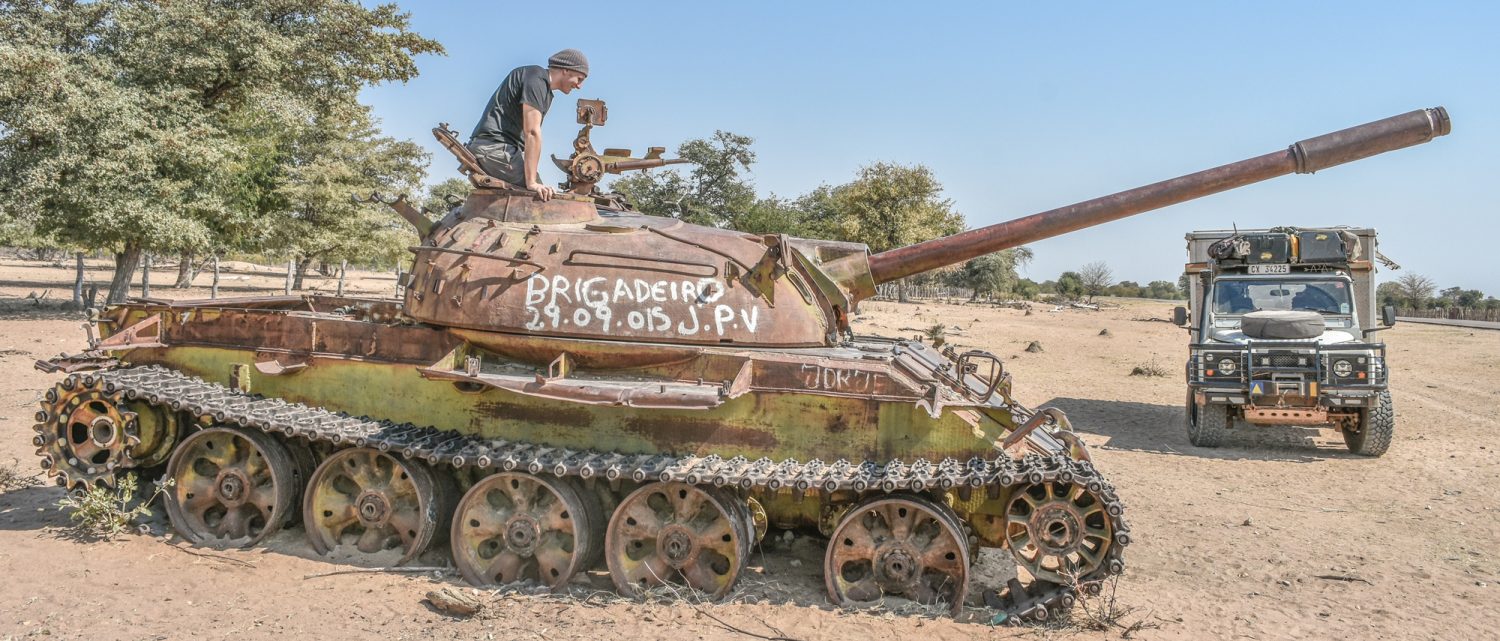
South Africa has meticulously documented and preserved her history, and an amateur or professional historian will be delighted by the infrastructure and resources available. From modern and well-equipped museums to historical trails and routes, there are numerous opportunities to bite into a subject and breathe life into it. For overland travelers, the Great Trek trails and historical battle sites are highly recommended.

Food
Be prepared to diet for a month before visiting South Africa and again for three months when you leave. South Africa has, without a doubt, some of the best food on the planet. Natural, fresh and plentiful, the breadbasket of Africa is overflowing, thanks to the tireless agricultural sector. Food simply tastes better in South Africa, and you can live well on a tiny budget, consuming delicious fruit and vegetables. Or you can invest in the experience and wash fine cheese down with fine wine, treat yourself to a large, matured, marbled steak or a seafood platter of prawn, lobster, and calamari. The Woolworths supermarket chain can be found in all large towns and caters to the upper-class with middle-class prices and excellent own-brand produce. If you enjoy eating out, there are many options, from corner store “fish and chips” take-aways, Tex-Mex restaurants, pizza and burger joints, and Michelin-star restaurants in Cape Town and Johannesburg. Any visit to the Cape Provinces must include a tour of the winelands where you can enjoy wine and cheese tasting, excellent restaurants, and picnics on green lawns in the shade of a weeping willow. By far the most popular South African activity is the braai (BBQ), which combines everything we all love about Africa: an open fire; friends and family; a cold refreshment; curled, thick boerewors (sausage); a few mielies (corn on the cob); a T-bone or two on the grill; a salad to ignore; the bush; blue skies; and warm sun. Be sure to try biltong, droewors, vetkoek, melktert, koeksisters, bunny chow, potjiekos, pap and sous, and an ostrich steak.
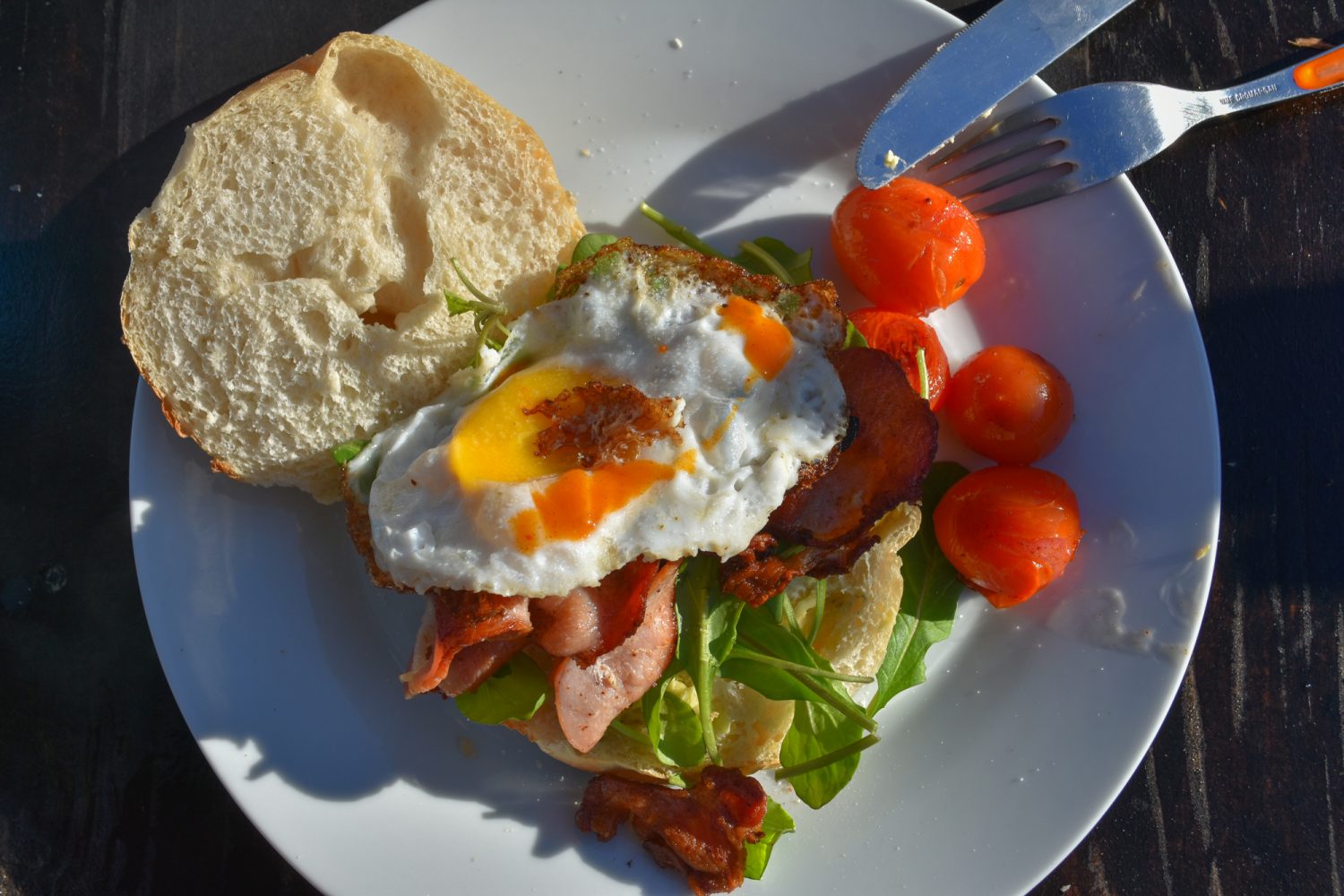

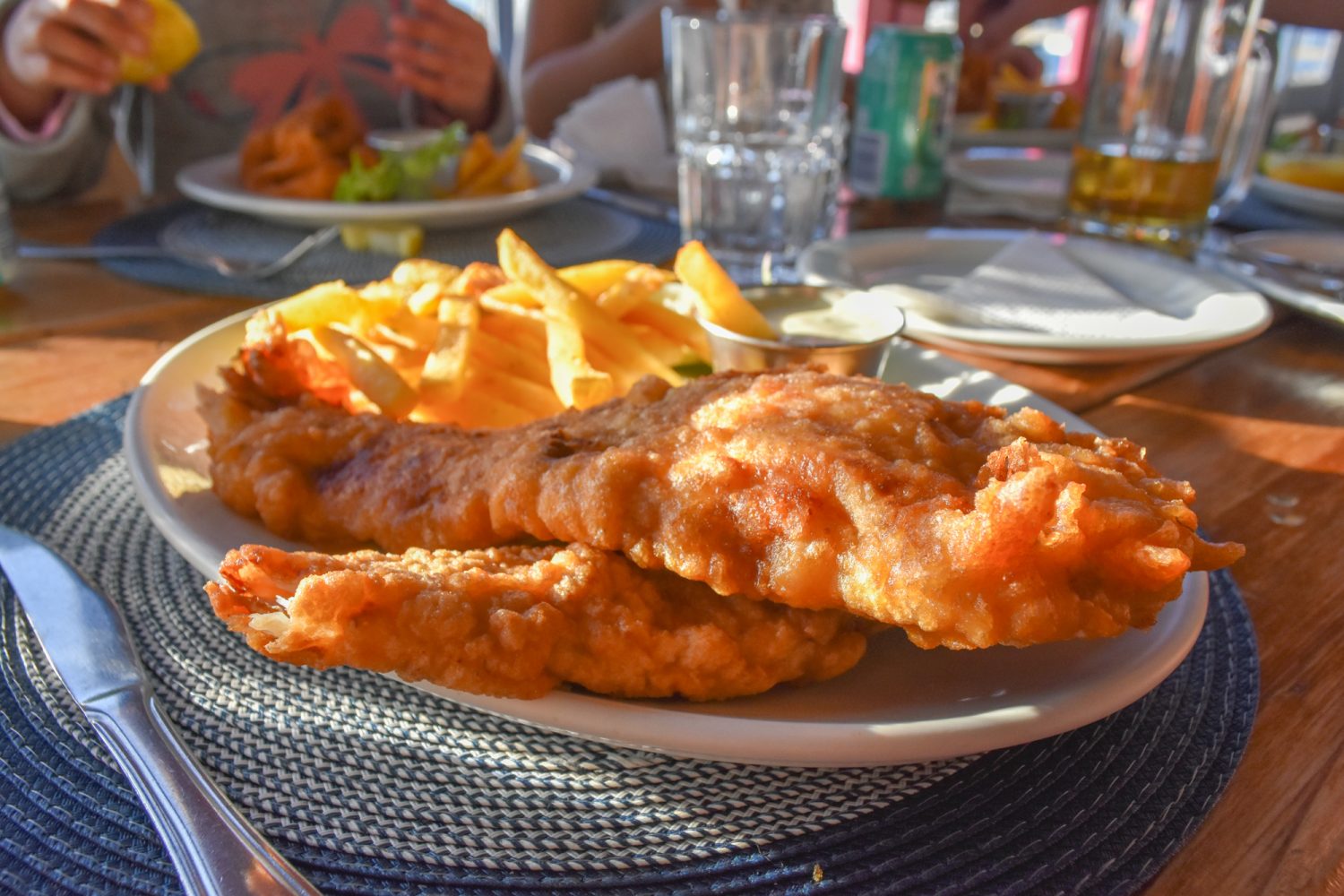
Economy
The South African rand was once a powerful currency on par with the US dollar, but mismanagement of the economy has resulted in a weaker rand. Prices are generally low (compared to the USA or Europe), and your dollar can be stretched pleasingly. The country has significant mineral wealth, and the private sector is robust and very well developed. The variety of local products is astounding.
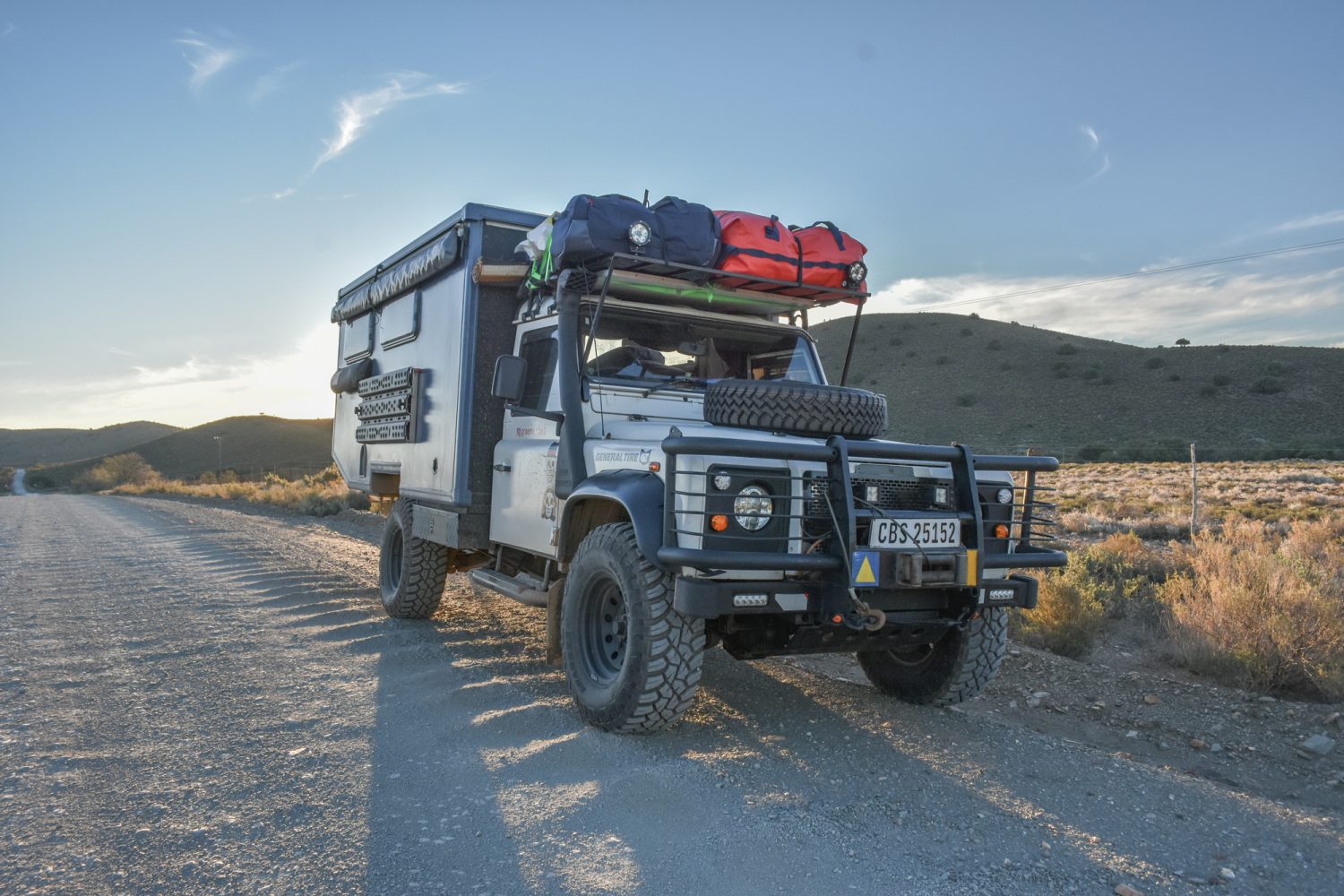
The manufacturing sector is innovative and benefits from high quality, local resources, and an educated and relatively low-cost labor force. I often advise overland travelers looking to travel Africa to consider outfitting a vehicle in South Africa, where they will find excellent products at highly competitive prices. South Africa is home to very well-known overland and outdoor-focused brands such as Front Runner, Alu-Cab, Quick Pitch, Howling Moon, Snomaster, Campmaster, K-Way, etc. Retailers such as Campworld, Outdoor Warehouse, and Cape Union Mart offer a huge variety of high-quality products at competitive prices. You will not find a better country to build an overland vehicle and outfit the vehicle and yourself for transcontinental exploration—guaranteed.
Camping Culture
South Africans love the great outdoors, and camping is a way of life for many and their primary recreational activity. The countryside is dotted with campsites, many of a very high standard, offering all the amenities imaginable as well as activities: 4WD routes, bush pubs, swimming pools, and hiking trails. Most national parks offer campsites (be sure to book in advance), and there are wild camping spots in very remote areas where you can be completely alone, off-grid on the beach, or up in the mountains. In the past, there were problems with litter and loud music at many campsites, but generally, this behaviour has become less acceptable, though some weekend warriors still persist. Best avoid popular campsites from Friday to Sunday.
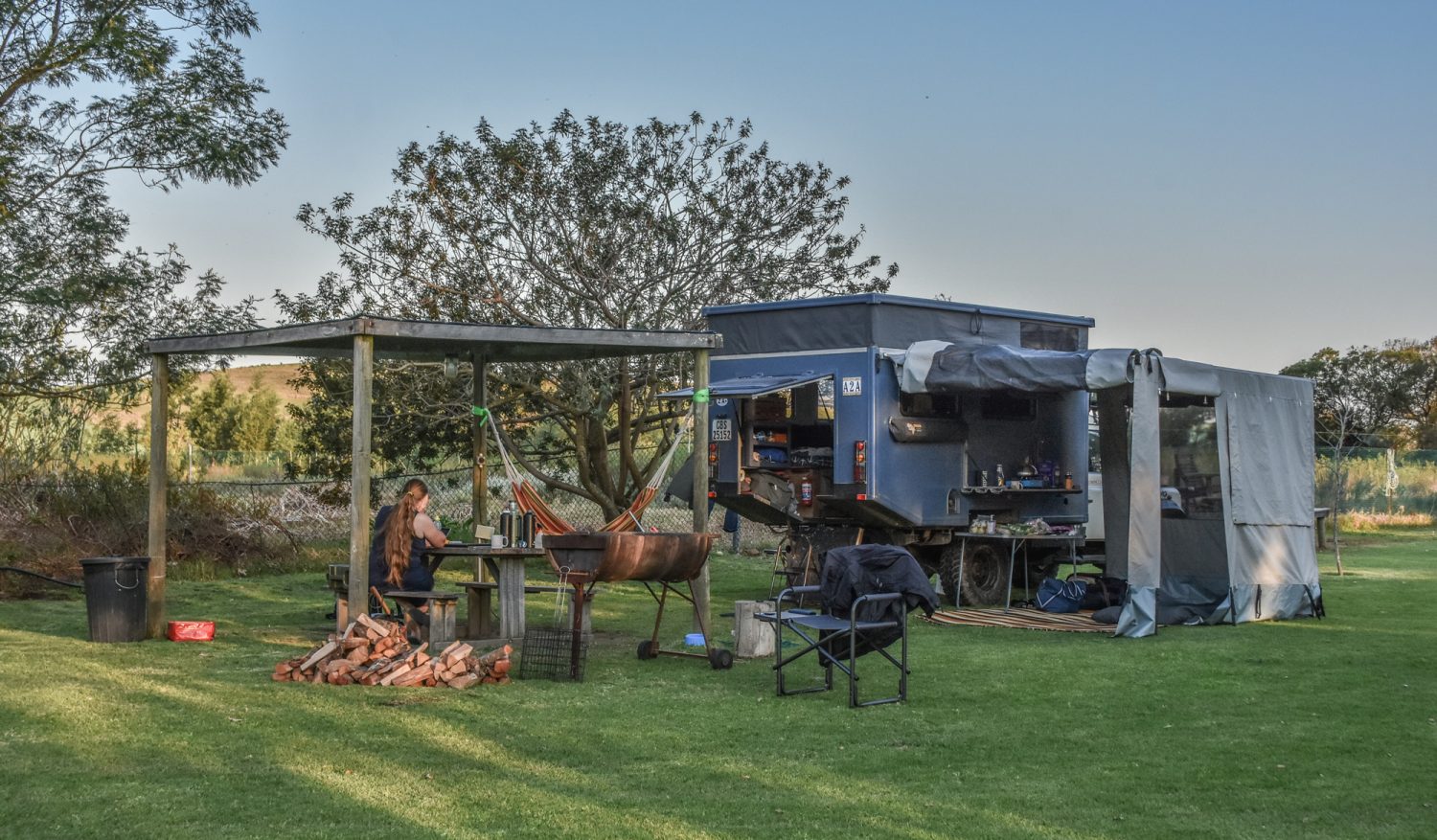
Top Tips
– As stated previously, the Western Cape is the province with the most to offer the overland traveller. Not only is glorious Namibia a long day’s drive from Cape Town, but the Western Cape is also the most diverse and safest province. A road trip from the Namibian border, along the coast and often diverting into the mountains, to Port Elizabeth will check all the boxes and keep you coming back for more.
– Crime is a serious problem in South Africa. Petty theft is on the rise (campsites are often soft targets), and the threat of violent crime cannot be ignored. The general rules of overland travel apply: do not travel at night, avoid high-risk areas, keep your eyes open, do not display valuables, and do not be gullible. Be sure to pack up the camp before going to sleep. Johannesburg and the Gauteng province are particularly crime-ridden.
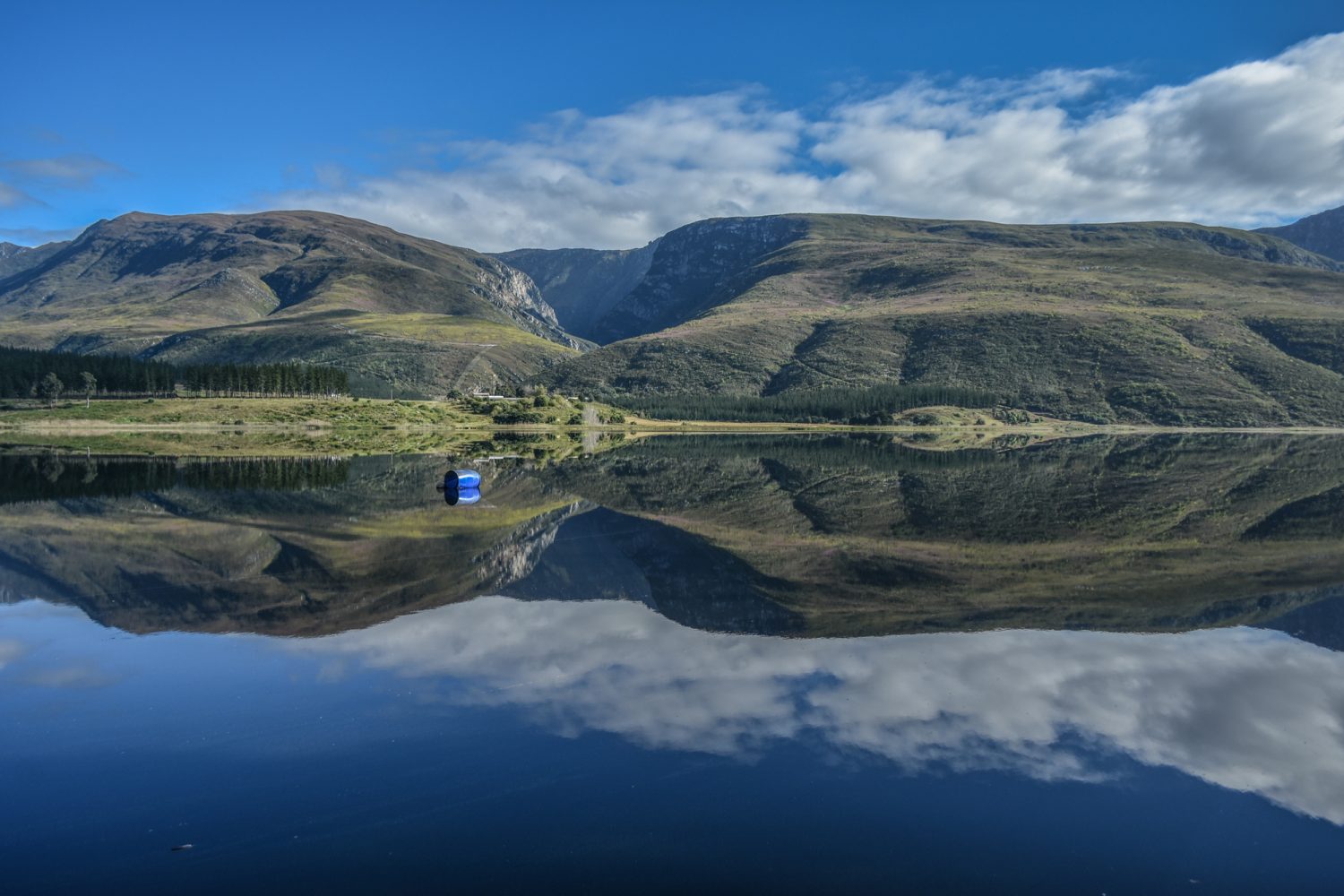
– Vehicle rental is relatively affordable in South Africa. Unless you plan to head into the bush or to tackle isolated mountain passes, you will not need a 4WD; a medium-size motorhome will be sufficient.
– Learn how to braai and experiment with different fire-based recipes. You will not regret the skills you will learn.
– Be sure to plan a visit to Namibia for at least two weeks or return to explore Namibia; this country will not disappoint.
– Arrive with two outfits of clothing; leave with bulging suitcases.
– South Africa can be quite cold in winter, and the summers can be very hot. Cape Town, in particular, enjoys a Mediterranean climate.
– Don’t turn your back on the baboons!

Essential Reading
Cry the Beloved Country, Alan Paton
Jock of the Bushveld, Sir James Percy Fitzpatrick
Long Walk to Freedom, Nelson Mandela
Burger’s Daughter, Nadine Gordimer
Fiela’s Child, Dalene Matthee


